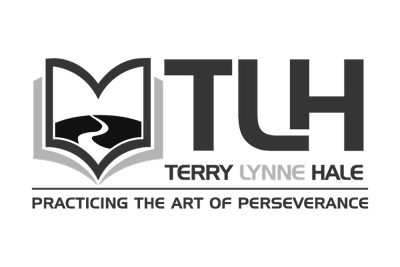Nearly all of us know a loved one or a family friend who has experienced varying level s of dementia, Alzheimer’s disease or some form of cognitive decline. It’s heartbreaking to witness this and (probably) very frightening to experience it. This decline is often referred to us cerebral atrophy.
WHAT IS CEREBRAL ATROPHY?
It’s estimated that our brains reach full growth and achieve maximum mass about the age of 25. As we age, our brain begins to atrophy. Then, the progressive loss of brain cells or neurons, continues and can be accelerated by events, such as strokes and other traumatic brain injuries, or diseases such cerebral palsy, and Huntington’s disease to name a couple. Low concentrations of Omega-3 in our blood and high levels of homocysteine also accelerate atrophy.
LIFESTYLE CHOICES THAT ADD TO THIS DECLINE
Lifestyle factors such as excessive alcohol consumption and heavy tobacco use can negatively impact this decline. Vitamin deficiencies from poor nutritional habits, prolonged inactivity, and dehydration exacerbate the condition.
Research shows that the combination of animal-based Omega 3 fats and B vitamins are impressive in slowing cognitive decline. B vitamins slow brain shrinkage specifically in regions of the brain cruelly affected by Alzheimer’s disease.
WHICH B VITAMINS ARE MOST BENEFICIAL?
A March 17, 2016 article at Mercola.com states “Vitamins B6, B9, and B12 help convert homocysteine into methionine — a building block for proteins.” This article states several studies and the dosages involved. Vitamins C & D also play an important part in preserving our brain.
WHAT FOODS ARE RICH IN B-12 AND OTHER CRITICAL VITAMINS?

B-12 and Omega-3 Fats:
Wild caught salmon, sardines and anchovies (low mercury content) and grass-fed beef are excellent choices for Omega-3 fats. Other shellfish like scallops and shrimp, poultry, eggs and dairy are also high in B-12.
B-6:
Poultry, beef, fatty fish, potatoes, sunflower seeds, pistachio nuts, avocado, sweet potatoes, and spinach are great sources for B-6.
B-9 (Folate):
Organic leafy green veggies like broccoli, spinach, asparagus, and nearly every kind of lentil and beans are superior sources of folate.
C:
Sweet peppers, broccoli, artichokes, tomato, cauliflower, kale, strawberries, oranges, lemon and grapefruit are terrific sources for Vitamin C.
D:
Nothing beats getting the best Vitamin D from Mother Nature’s Sun. Leave sunscreen in the cabinet (unless you have melanoma or have been otherwise directed by your doctor) and expose your skin to 20 minutes of direct sunshine daily (if possible.)
Other publications with articles on this topic (pay attention to dates of publication as we are learning more each and every day) can be found at:
